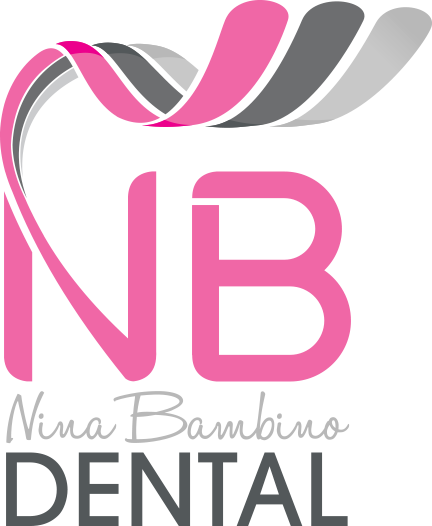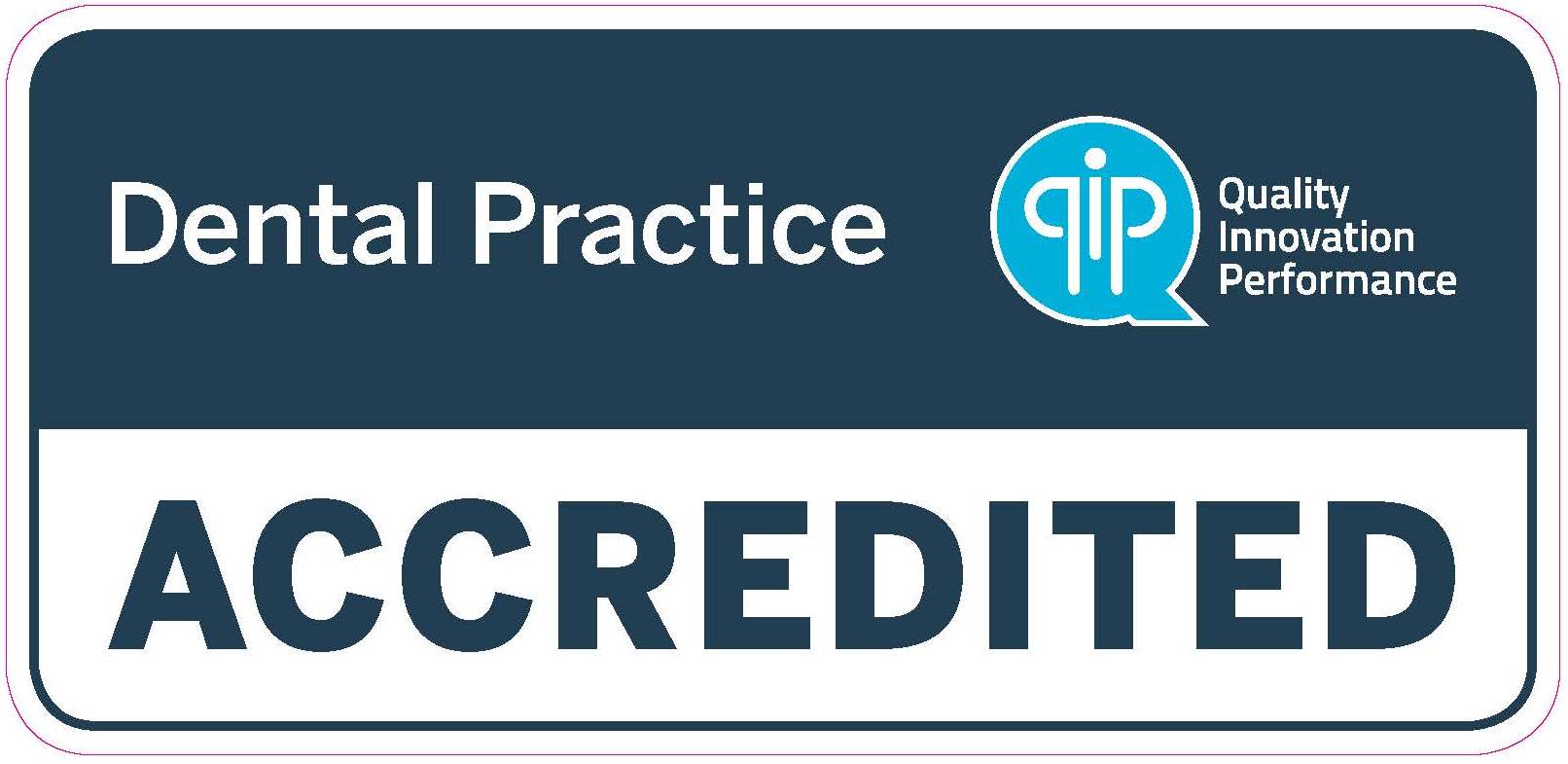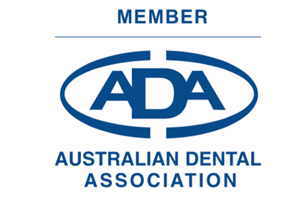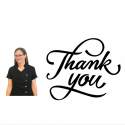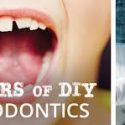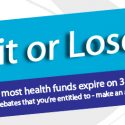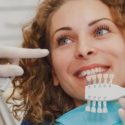Brisbane Dental Health For Toddlers
If you’re the parent of a toddler, you’ll be well aware that you’re in possession of a full-speed-ahead human rocket. Getting them to do anything can be a challenge, but when it comes to their oral health, it’s important that you teach them early on that they need to look after their teeth and gums. At NB Dental we pride ourselves on making each and every child’s visit fun and fuss free. They can help us press buttons to run our “magic chair” and help blow up the balloons to make balloon animals to take home with them.
When should my child start visiting the dentist?
The ADA (Australian Dental Association) recommends your baby to see the dentist for the first time when their first tooth becomes visible or when they reach 12 months of age – whichever comes first. Whilst no dental treatment as such may be done until your baby has a full set of teeth, which usually takes place by the age of 3, the earlier your child visits the dentist the better. Usually, your child’s first visit to the dentist will involve a fun ride in our “magic chair” the dentist or oral health therapist making balloon animals and if given the opportunity, count and examine the existing teeth and discuss:
- Teething
- Brushing techniques
- Bite (how your children’s teeth come together)
- Habits such as thumb sucking
- The risk of decay and how to prevent it
- Prevention of traumatic injury to your child’s mouth
- Nutritional advice
At NB Dental we always encourage positive dental experiences and pride ourselves on making positive and fun experiences for children when they visit. We also encourage parents to also be positive about these visits. Never use the dentist as a deterrent for bad behaviour such as not brushing teeth, and remember that the dental team is well-trained in dealing with babies and young children.
Brushing your child’s teeth
One of the first things your dentist will discuss with you is the importance of teaching you how to brush and floss your child’s teeth. As soon as the teeth appear, you can switch to using a soft children’s brush, with no toothpaste until 18 months of age, while your child lies on your lap or on a bed. And yes flossing is necessary; your dentist can show you the correct technique to floss your child’s mouth.
You can make cleaning your toddler’s teeth more fun by creating a brushing game, putting on their favourite song or find a toothbrush or toothpaste with a beloved TV character on it.
What if my child does not cooperate with brushing time?
Kids will often put up a fight when it comes to cleaning their teeth, but the reality is if it’s not done regularly, tooth decay can unfortunately set in quite quickly, with a host of painful problems resulting including the removal of teeth in extreme cases.
Along with a twice-daily regime of brushing and flossing, try to limit their consumption of sugary foods and drinks such as lollies, soft drinks, and even savoury biscuits, snack bars and muffins. If you do give your child a snack, it’s best to stick to meal times wherever possible and limit grazing – choosing unprocessed food like vegetables, cheeses and lean meats will help give your child’s teeth the best start to life.
